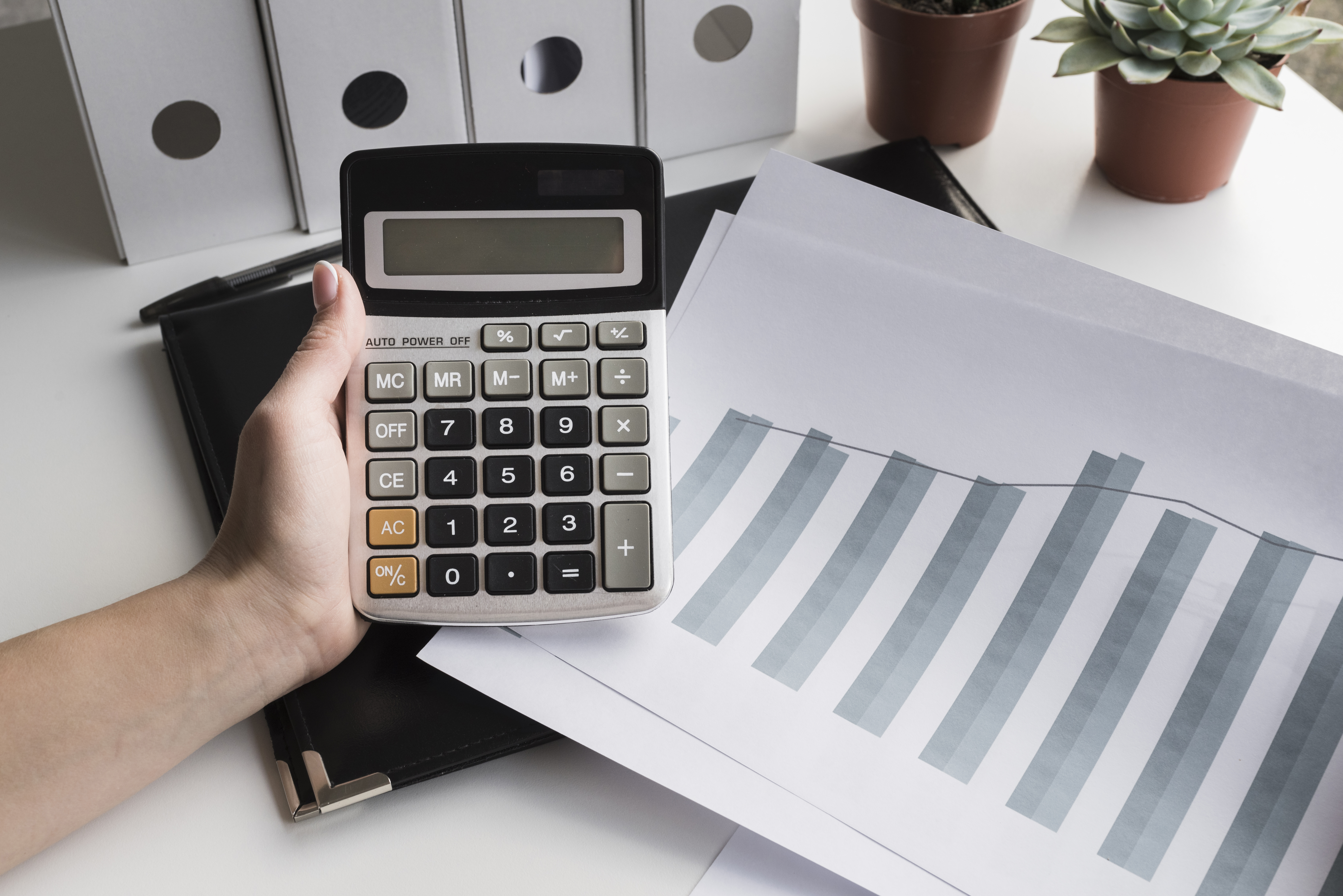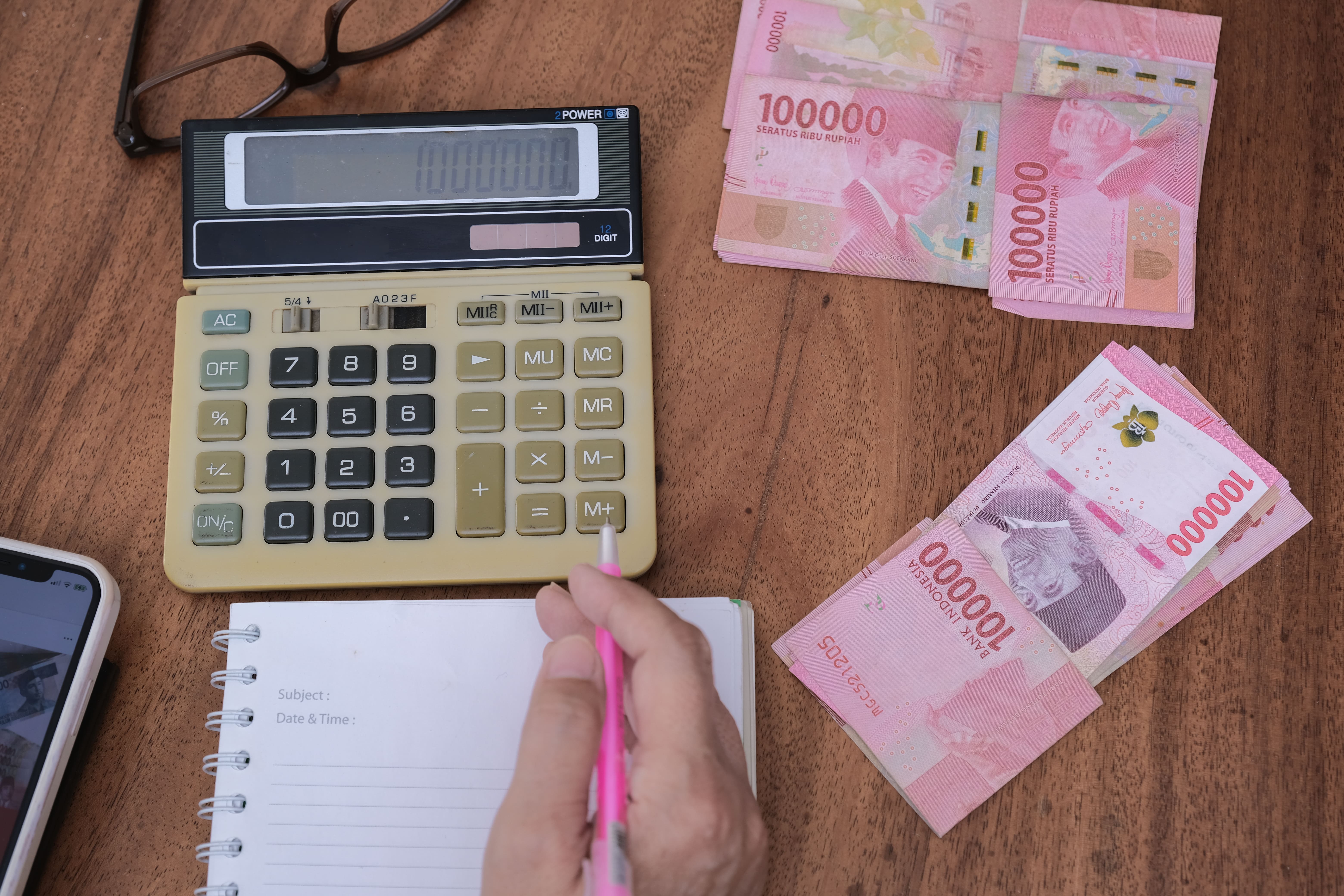Guidelines for Legally Withdrawing Dividends from Your Indonesian Company

Dividends are perhaps one of the most rewarding aspects of running a business. They mark the moments when your hard work yields tangible results, allowing you, as the company owner, to claim your share of the profits. In Indonesia, the distribution of dividends is governed by law, so it’s crucial to understand how to properly arrange these payments to ensure they are both timely and fully compliant.
Main mechanisms of dividend distribution
There are two primary methods for distributing dividends in Indonesia:
1. Interim dividends
Interim dividends allow you and other shareholders to receive a portion of the profits before the financial year ends. These payments are typically based on mid-year results and are generally distributed in the second or third quarter of the financial year. For instance, if your company performs well mid-year, you can distribute some of the profits to shareholders earlier, without waiting for year-end.
2. Final dividends
Final dividends are paid annually after the approval of the financial report at the Shareholders' General Meeting (AGM). This final payment concludes the financial year, enabling shareholders to receive their share of profits. You can utilize both interim and final dividends, allowing for income distribution twice a year.
How to distribute dividends
To legally distribute dividends, consider the following key points:
Company Charter: Verify if your company's charter permits interim dividends. If it doesn't, you'll need to amend it.
Payment format: Dividends can be paid in cash or in the form of additional shares.
Dividend taxes: In Indonesia, dividends are taxed. Individual shareholders face a final 10% tax on dividends. For corporate shareholders, the tax rate is 15%, provided certain conditions are met.
Taxation of dividends
In Indonesia, dividends are taxed according to the type of recipient:
Individual shareholders (individuals): A 10% final tax rate applies to individuals, with no additional taxes required.
Corporate shareholders (legal entities): Resident companies and permanent representative offices (PPs) in Indonesia are subject to a 15% tax on dividends. However, if the receiving company holds at least 25% of the shares in the paying company, it may qualify for a tax exemption.
Foreign shareholders (non-residents): If you reside abroad and receive dividends from Indonesia, a 20% tax applies unless a different rate is specified by an international tax agreement.
Receiving dividends is a well—deserved reward for your efforts and investments. To ensure this process is not only satisfying but also legally sound, it’s essential to comply with all Indonesian legal requirements. If you have any questions or assistance with dividend registration , our company is always ready to support you at every step.















